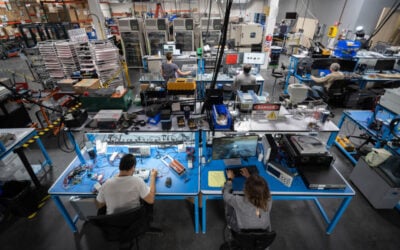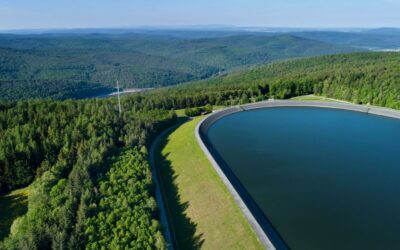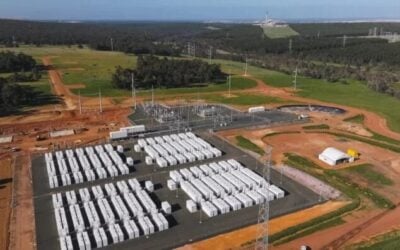
Industry group Scottish Renewables has warned that the UK’s climate change targets will not be met without the removal of barriers to long-duration energy storage such as pumped hydro.
The caution comes in a new report produced by consultancy group Riverswan Energy Advisory and funded by Scottish Renewables, the British Hydropower Association and a group of energy storage and renewables project developers.
The report said that whilst the need for long-duration storage was detailed in the UK’s government’s long-awaited energy white paper, there were “no specific market mechanisms to ensure this can be delivered”. The white paper was published in mid-December 2020 and aimed to detail government plans to make the transition to a low-carbon economy. The UK has pledged to arrive at net zero emissions by 2050.
The Scottish Renewables report said that a price floor mechanism would guarantee a minimal level of revenue, which would give confidence to investors with long-duration projects currently unable to attract investment from capital markets.
Try Premium for just $1
- Full premium access for the first month at only $1
- Converts to an annual rate after 30 days unless cancelled
- Cancel anytime during the trial period
Premium Benefits
- Expert industry analysis and interviews
- Digital access to PV Tech Power journal
- Exclusive event discounts
Or get the full Premium subscription right away
Or continue reading this article for free
The report said this was largely due to two uncertainties; future project revenues and the future market landscape.
“Without urgent market reform these assets will struggle to be funded,” Mark Wilson, ILI Group CEO, warned. ILI Group, which is one of the developers to have funded the project, is working on pumped hydro project development as well as shorter duration large-scale lithium-ion battery storage projects.
The report issued a series of recommendations, including that the UK government’s Department for Business, Energy and Industrial Strategy (BEIS) and market regulator Ofgem should issue a call for evidence to industry about the potential costs and benefits from long-duration storage and the barriers to investment and how these could be addressed.
Within the report, benefits of the technology were listed as:
- Increased renewable output by reducing the need for curtailment of renewables due to network constraints or at periods of low demand
- Increased system stability and resilience by providing the full range of flexibility resources for power, frequency, inertia, voltage, short circuit levels and restoration
- Whole system savings by reducing the need for additional network and generation capacity
- Lower costs, particularly with pumped storage, than other long duration flexible technologies
The second recommendation was for both BEIS and Ofgem to ask electric transmission system operator National Grid ESO to identify major alternative long-term whole system flexibility needs and benefits and prepare a specification for procurement of these long-term flexibility resources.
The two should also design a new flexibility market, exploring how the income floor could work to enable investment in long-term flexibility solutions, with this defining the parameters for the selection of resources, for example flexibility or storage volumes, costs, operational durations and delivery timescales.
Lastly, BEIS should consider the responsibilities and resources for identifying and specifying flexibility needs, market operation and ongoing performance and compliance.
These recommendations should be implemented through the Smart Systems and Flexibility plan due to be published later this year.
Wilson added that if the government doesn’t provide clear pricing signals then the market “risks becoming increasingly inefficient, putting net zero and security of supply at risk, and consumers will be paying more than they need to”.
This story first appeared on Current±.





